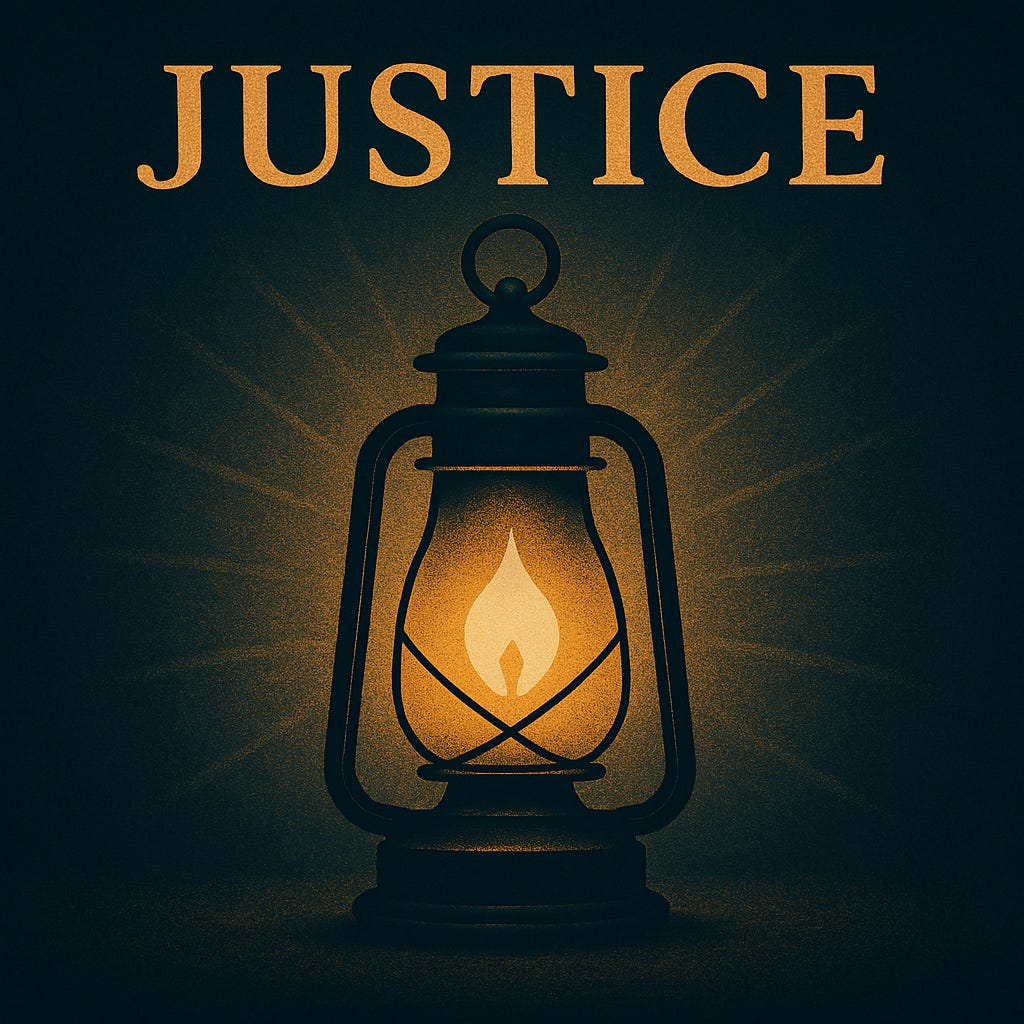🟥Bill of Rights: Due Process, Equal Protection, Habeas Corpus
A ranked guide to advocacy groups defending core constitutional protections
This guide highlights advocacy organizations that actively defend the rights guaranteed by the U.S. Bill of Rights—free speech, protest, privacy, due process, equal protection, and more.
It also recognizes the essential role of the 14th Amendment in modern civil rights battles, extending constitutional protections to all people, not just in theory but in daily life.
Their websites offer tools for advocacy, legal updates, volunteer opportunities, and ways to stay informed and take action.
American Civil Liberties Union (ACLU)
A leading force for nearly every constitutional right—speech, protest, privacy, due process, reproductive freedom, and equal protection—through legal action, education, and grassroots advocacy.
A nonpartisan policy institute working to protect voting rights, strengthen democracy, and defend civil liberties, including privacy, due process, and fair representation.
Electronic Frontier Foundation (EFF)
A digital rights leader protecting free speech, privacy, and due process in online spaces—challenging surveillance, censorship, and government overreach.
People For the American Way (PFAW)
Fights extremism and promotes inclusive democracy by defending freedom of speech, religious liberty, equal rights, and judicial independence.
Center for Constitutional Rights (CCR)
Litigates high-impact cases to challenge government abuse and protect protest rights, racial justice, immigrants’ rights, and protection from cruel punishment.
National Coalition Against Censorship (NCAC)
Defends freedom of expression in schools, libraries, and the arts—opposing censorship, book bans, and attacks on educational content.
Advocates for press freedom, equitable media access, and an open internet—defending independent journalism and access to public information.
Advances LGBTQ+ equality through legal advocacy, public education, and civil rights campaigns grounded in equal protection and freedom from discrimination.
Southern Poverty Law Center (SPLC)
Monitors hate groups and extremism, using education, litigation, and advocacy to protect civil rights and fight threats to religious and racial freedom.
Works to exonerate wrongfully convicted people and reform criminal justice practices—defending due process, fair trials, and access to legal representation.
Exposes the harms of mass incarceration and criminal justice inequality—advocating for bail reform, sentencing justice, and dignity in detention.
National Religious Campaign Against Torture (NRCAT)
A faith-based coalition that opposes torture, solitary confinement, and inhumane treatment in prisons and detention centers.
Litigates for economic liberty, property rights, and limits on government power—challenging civil forfeiture, overregulation, and abuses of eminent domain.
Advocates for Indigenous rights and community sovereignty, focusing on corporate accountability, environmental justice, and the protection of Native cultural, land, and self-determination rights.
Key Documents
Ratified Dec. 15, 1791.
Ratified July 9, 1868.
Section 1 is the heart of modern civil rights law—protecting due process, equal protection, and the rights of citizenship for all.
Top Issues for Advocating Core Freedoms
Freedom of Speech and Expression: Protecting the right to protest, criticize government, and express dissent without censorship or retaliation.
Freedom of the Press: Defending journalists, access to truthful information, and independent media from government suppression.
Religious Liberty and Pluralism: Ensuring freedom of belief and worship while protecting against state-endorsed religion or discrimination.
Privacy and Digital Rights: Fighting surveillance and data abuse while defending personal freedoms in online and offline spaces.
Due Process and Fair Trials: Demanding justice system reforms to ensure equal treatment, legal representation, and protections from abuse.
Voting Rights and Representation: Challenging voter suppression, gerrymandering, and other attacks on democratic participation.
Criminal Justice Reform: Opposing mass incarceration, excessive bail, police violence, and cruel punishment.
Equal Protection and Civil Rights: Advocating for marginalized communities and fighting discrimination based on race, gender, sexuality, or immigration status.
Reproductive and Medical Autonomy: Defending the right to make personal health decisions free from government interference.
Checks on Government Overreach: Upholding limits on executive power, defending judicial independence, and guarding against authoritarianism.


